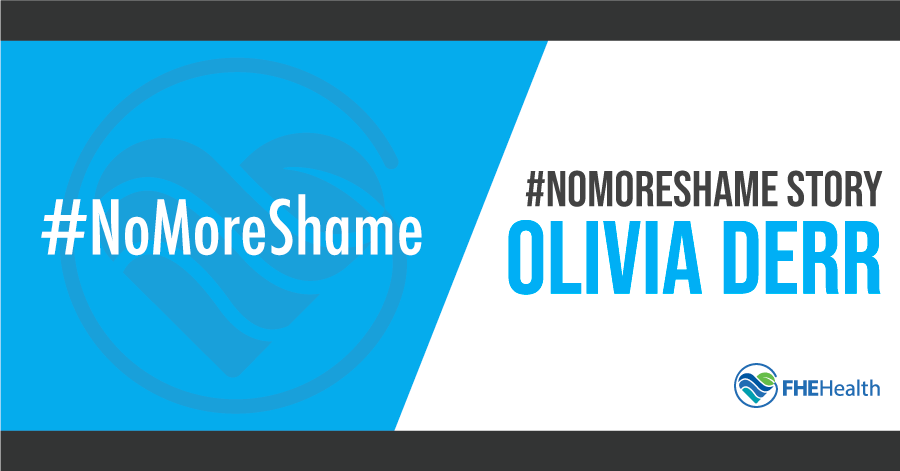
Trigger Warning: The following story includes mention of self-harm and overdose.
On Christmas Eve in 2018, at the age of 21, Olivia Derr messaged a friend to suggest they both “do so much drugs that we die.” The friend backed out, but Olivia followed through with her intention.
She had spent the last several years addicted to heroin: “I was just really depressed and felt like I couldn’t stop, so I thought there was no point being a disappointment to my family and that I’d kill myself.”
Derr ended up overdosing and being hospitalized for over 100 days. She lost the ability to walk and talk but miraculously was able to recover.
The ordeal was a wake-up call and a spiritual turning point. After that, “I felt like God saved my life and I felt like I owed it to Him to not risk my life anymore,” Derr said. “I started seeing myself as valuable and that changed everything—I wasn’t going to inject anymore.”
Keys to Recovery from Heroin Addiction?
With that realization, Derr began a gradual process of recovery. She got really involved in her church and in the Christian version of Narcotics Anonymous, the 12-step-based group Celebrate Recovery. She made a commitment to go every week—and “I haven’t missed a week since.”
Derr credits her church, faith in God and a “really good support system” as key to her comeback from heroin addiction.
It wasn’t easy to get sober. Derr said she relapsed several times in the process. “You don’t overcome all at once.”
Learning how to successfully manage a co-occurring diagnosis of depression was also key to her recovery. Today Derr takes antidepressant medication and regularly meets with a therapist.
How Undiagnosed Depression Triggered Heroin Addiction
Undiagnosed depression, starting in adolescence, is what drove Derr to try prescription painkillers in the first place.
“I was really depressed at the time and couldn’t figure out what was wrong with me, so I started trying to find things that made me feel better,” Derr recalled. “I was wanting to escape those feelings of depression.”
When she was just 13, her best friend “had pills and asked if I wanted to try them. They were from a doctor, so I thought, ‘OK, they must be safe.’”
Those prescription painkillers were a gateway drug. From there, Derr went on to use Xanax, then cocaine, and, at age 16, heroin.
What was it like to be addicted to heroin? “You want the pain to stop, and the only way you know to stop the pain is by causing more pain unintentionally by using drugs.”
How Life in Recovery Is “Better Than I Could Ever Have Imagined”
Today Derr has been successfully sober for more than a year. She says her “life now is so beautiful … It’s better than I could ever have imagined. I have an opportunity to be a sister to my brother, a daughter to my mom and dad, and to go to my old high school and share my story.”
In fact, Derr has been sharing her story a lot lately: “I got to share at my church,” she said. She was even invited to share her story at the local CrossFit gym where she works out. “They made a little video. They invite you to share about your underlying condition and addiction, and it was a great opportunity.”
Why is Derr passionate about sharing her recovery with others? “I always have felt like God has called me to help other people get free from addiction and mental health struggles. I feel like I have to pay it forward. That’s the big thing in Narcotics Anonymous—I get to be of service when I share my story.”
Words of Encouragement for Anyone Struggling with Addiction
What would Derr say to someone who is in the same place she once was, struggling with serious addiction?
“I would want them to know that they are loved and valued, and that there’s more to life than getting high; and if they’re depressed, it’s not always going to be that bad. There are better days ahead.”
Why is there always hope for healing? “As long as you have a pulse, there’s always a chance for change.”
There’s no shame in getting help for an addiction or mental health disorder. That’s the message of our “No More Shame” campaign, which seeks to reduce the stigma of addiction and mental illness. In continuation of that theme, this story is part of a monthly series featuring the true stories of people who asked for help and found hope and healing.
Are you feeling like there’s no way out of an addiction? Learn how you can find healing. Call our 24/7 helpline at 1-844-335-8506.






